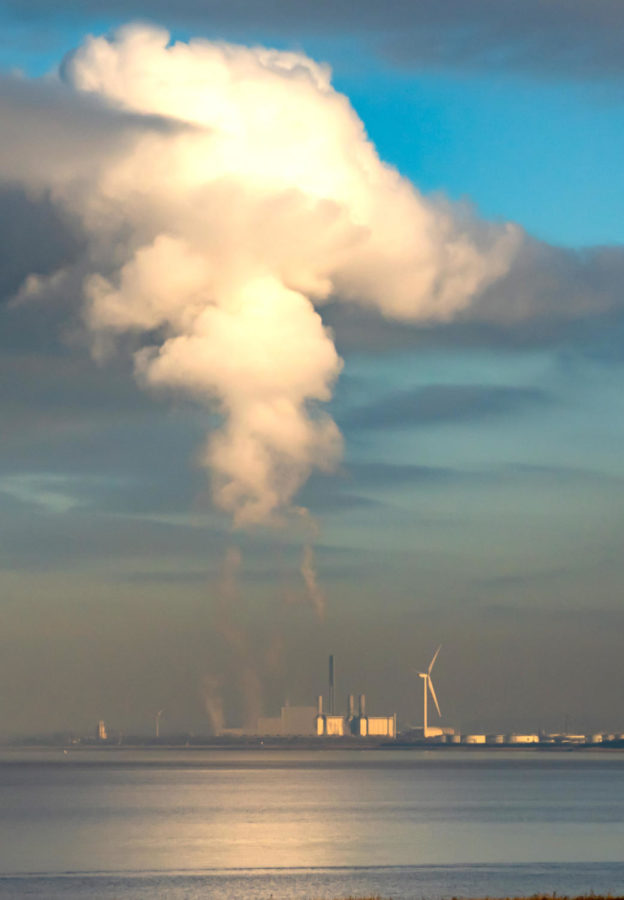Rechkemmer: Don’t stop caring
Columnist Gracie Rechkemmer encourages us to not forget our duties to environmentalism in the midst of other issues; it’s still and just as important.
June 2, 2020
Throughout the world, people have been sharing photos of clear skies and nature returning to cities due to social distancing measures of the COVID-19 pandemic. So far this year, carbon emissions have dropped 17 percent globally compared to 2019. This change is attributed mainly to decreases in transportation and industrial activities. For many, the pandemic has served as a call to action regarding the scope of human impacts on the environment and the extreme measures necessary to mitigate anthropogenic climate change.
However, there is a dark side to this silver lining.
When reading that our world is currently experiencing the most significant drop in carbon emissions since World War II, it is tempting to be satisfied with our environmental effort. In reality, this is a red herring for what is happening. Logging and mining operations have used the cover of the pandemic to increase deforestation rates in the Amazon dramatically. Plastic pollution has soared as sanitation concerns and low oil prices have led to a comeback of the plastic bag and other single-use plastics. The Trump administration is continuing to roll back environmental regulations, calling the rules “unnecessary and burdensome to the fossil fuel industry and other businesses.” Perhaps most importantly, our country is now prioritizing the economy over environmental issues as states begin to reopen. As transportation and industry begin to ramp up again, all positive environmental impacts of the pandemic will disappear. 2020 could still be the warmest year to date.
Now more than ever, pressing issues in the media constantly demand our attention and make it difficult to focus on the environment. This will likely always be the case, as environmental changes often proceed relatively slowly and can lack definitive scope. During a time when issues of global disease and civil rights break our hearts and require immediate action, we must learn how to change focus without forgetting to fight for our own futures. Climate change is happening right now, and each day we neglect to change our ways spells a bleaker and bleaker future. This year, over 150,000 people will die due to the effects of climate change. This is greater than the current number of coronavirus deaths in the United States, and this number will continue to rise.
We cannot afford to stop caring about climate change.
Climate change is an economic issue, a political issue, a human rights issue. Devastating effects of human-induced climate change are seen in the United States and beyond. Sea levels are rising and threatening vulnerable coastal populations. Severe weather is disproportionately impacting less developed countries. Heightened average temperatures are threatening the lives of endangered species and people alike. The temperature rise indicative of climate change is not inevitable; it is caused by us. Each degree of warming is more and more harmful to our planet and to human life.
No matter who you are or where you live, climate change impacts you. Caring is not a choice. It is a necessity. And change needs to happen now.
As states begin to reopen and the economy revamps, it is vitally important that our government’s recovery plan prioritizes climate change mitigation. A massive stimulus plan will be necessary to stimulate economic activity, which gives our government a unique opportunity to follow in the footsteps of the European Union’s new green stimulus package. We have the potential to contribute to a Green New Deal that can create global change.
This year’s drop in carbon emissions is a step in the right direction, but it is not sustainable. If our government does not take definitive action this year, we will lose the best opportunity our country has to mitigate climate change and safeguard our future.
Let’s not lose that opportunity.
Gracie Rechkemmer, junior in environmental science and global resource systems.







